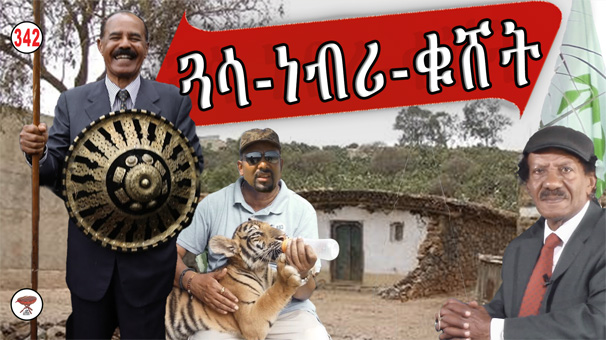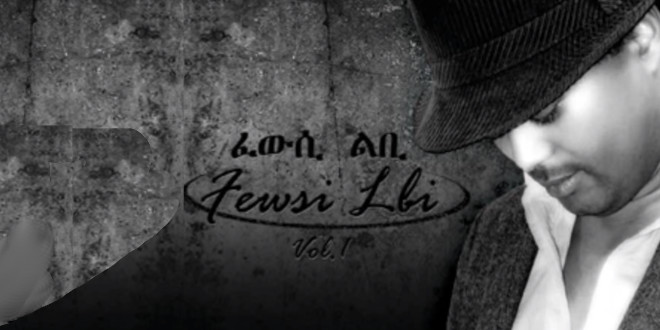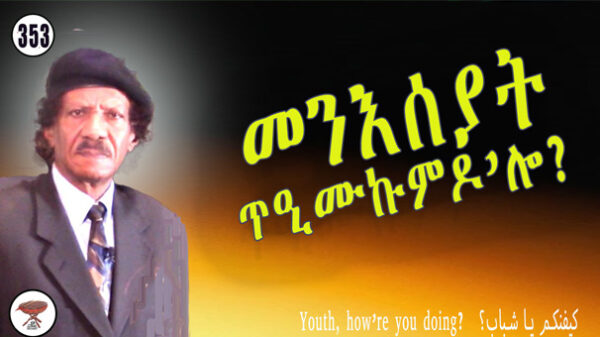A Shepherd, A Tiger Cub, and A Village
A shepherd boy, bored while tending his goats on the edge of a village, cried, “HELP! A tiger is attacking me!” The villagers rushed, swords in hand, to save him—only to be mocked when he admitted it was a joke. Angrily, they returned home. He repeated this again and again. But the fourth time, when the villagers ignored his cry, thinking it was another trick, the tiger did attack. Sometimes, false alarms become real, and one cannot live in a never-ending state of emergency.
Let’s speak plainly; I will share my perspective without pretense. If candid discussion unsettles you, pause here for a moment.
It is no secret that Eritrean society is fractured, despite the optimistic facade we often present. Yet that facade is fragile, barely concealing problems we refuse to confront.
Our divisions and prejudices have deep roots. Some spring from ignorance, others from biases inherited from our environment. One might expect diverse urban centers like Asmara to cultivate greater harmony than rural areas. Yet this is not the case. Eritrean communities struggle with poverty—65% live below the poverty line, and literacy remains around 76%. In the absence of a strong civil society, with weak education, poverty, and an unjust system, our social fabric has unraveled. This vacuum fuels a stagnant political climate where some claim superiority while others harbor resentment. Both stances are misguided.
Tyranny, whether imposed by one group or another, always breeds division and suffering. Injustice deepens resentment. Like other struggling societies, some Eritreans cling to power with misplaced arrogance. Whether real or perceived, this is an emotional reaction that must be acknowledged as such.
Eritrea’s rulers are aware of these divides but exploit them. Mistrust serves their rule. When citizens quarrel, resources flow to the largest or most loyal groups, while smaller communities face marginalization and fear. These imbalances are tearing the nation apart. The regime has entrenched a majoritarian rule along linguistic lines, leaving minority communities further alienated. Over half a million Eritrean refugees languish in Sudan, their lands distributed to partisan loyalists. Many believe the regime thrives on this demographic imbalance.
National politics requires insight that not everyone has, but Eritrea’s ruling PFDJ behaves like a populist clique. President Isaias Afwerki once said, “A squad leader in the PFDJ is better than a PhD.” This attitude sidelined Eritrea’s intellectuals, shuttering the University of Asmara in 2006 and silencing the free press in 2001. Journalists like Joshua Yohannes, Saeed Abdulkadir, and Dawit Isaak remain imprisoned without trial. These acts have stifled progress.
The regime emphasized vocational training, setting up colleges in several places. Yet since 2000, over half a million Eritreans—nearly 10% of the population—have fled abroad for opportunity and freedom. Youth flight has become a profitable trade for human traffickers. Two decades on, these programs have failed to build the professionals needed for development.
Public services, monopolized by the PFDJ, are collapsing. Asmara’s aging water systems and crumbling hospitals reflect decades of neglect. Construction is frozen—state companies build only 2% of what is required, while private citizens struggle even to repair homes. Images of Asmara’s and Massawa’s dilapidated buildings now circulate widely online.
The PFDJ is rigid, self-serving, and indifferent to Eritrea’s well-being. It must be removed NOW. Not through persuasion or reckless improvisation—but through coordinated, disciplined action.
The suffering of Eritreans—the thousands of youth, including unaccompanied minors, fleeing the country, and the untold victims of conflicts over the past two decades—is already well-known. Those who can help must not remain trapped in theory. Eritrea faces an existential crisis; it does not lack diagnosis—it lacks action. Each of us can do something, however small. Silence and passivity only strengthen tyranny. The tiger is here. The time to act is now.” Now is the time to clear the dark cloud over its future.




Awate Forum